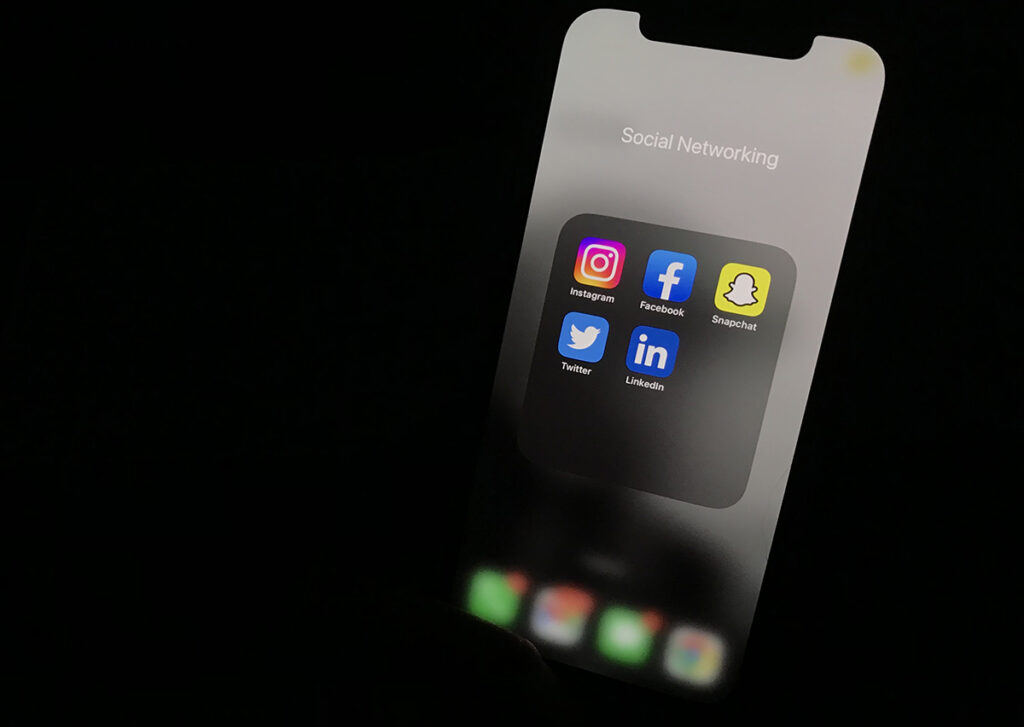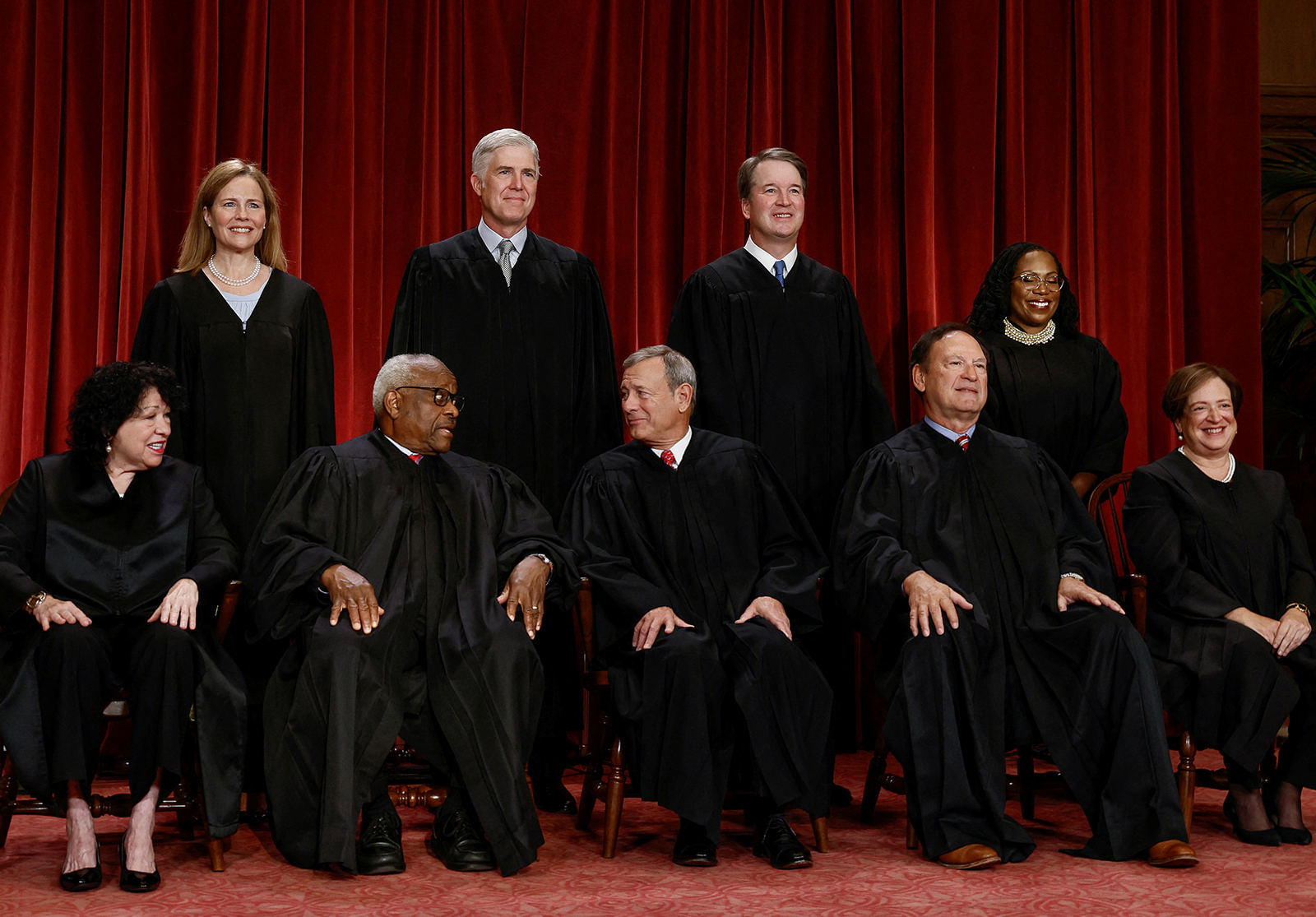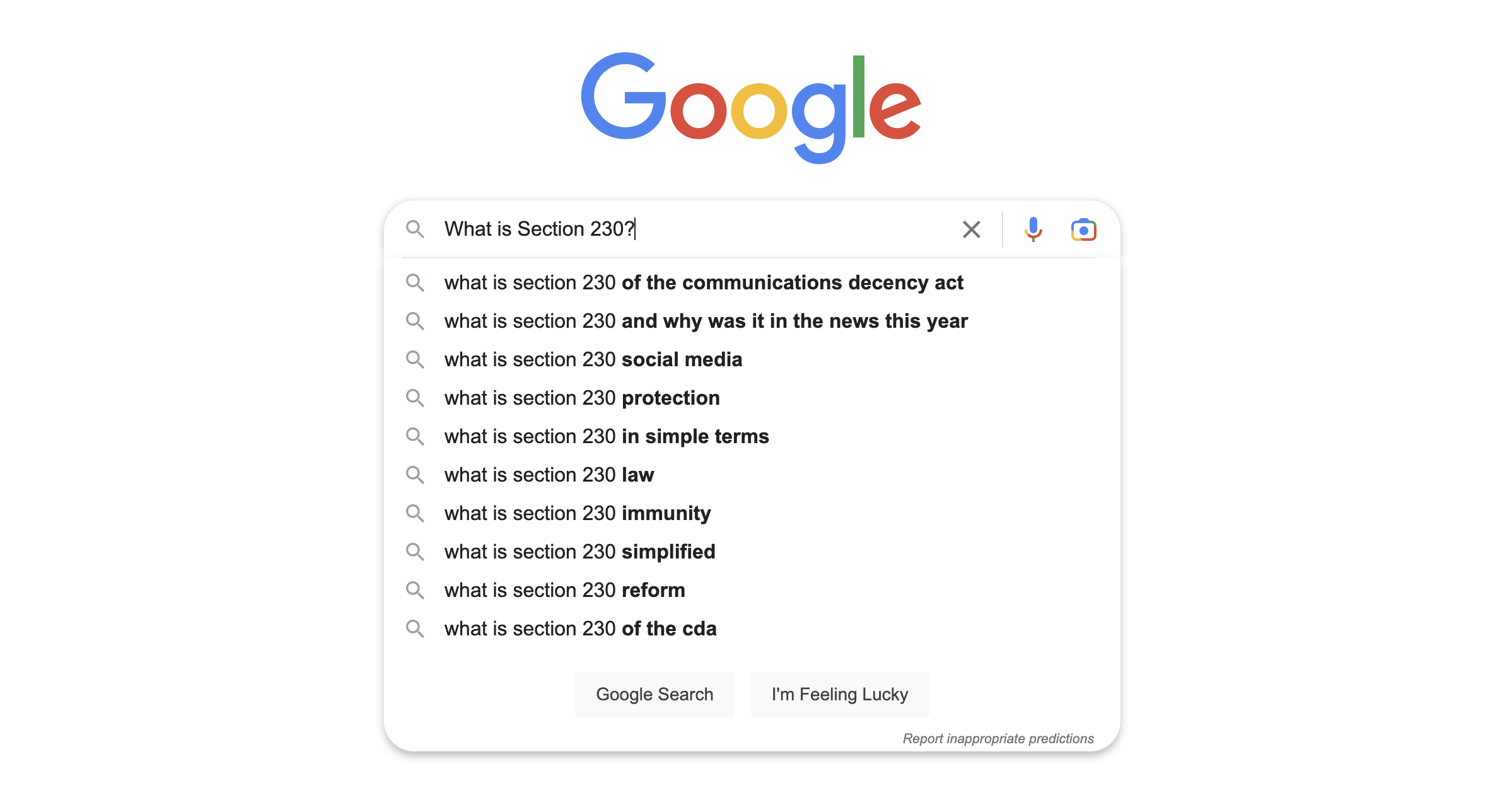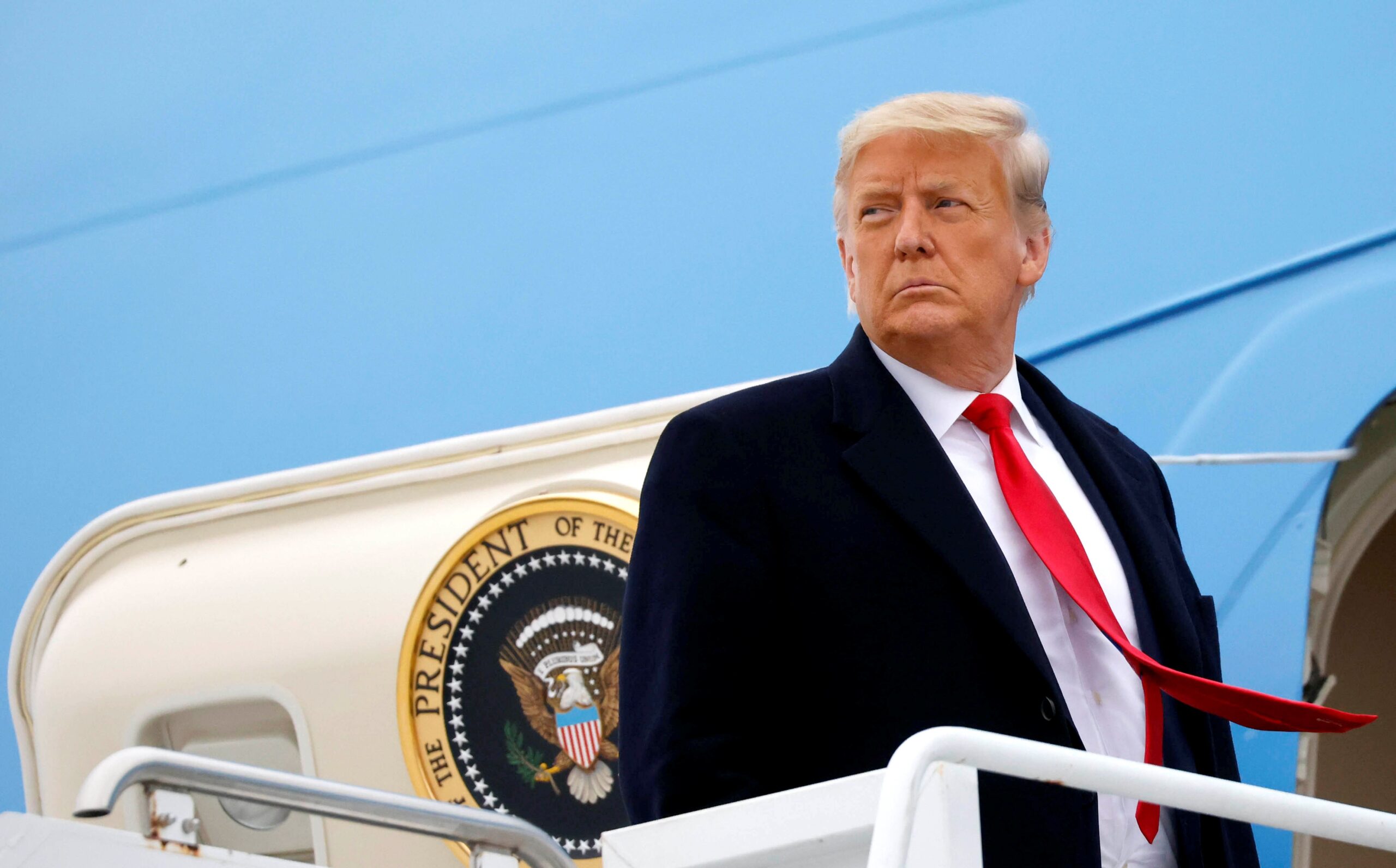The Supreme Court ruled in favor of both Google and Twitter in two separate cases May 18, finding that the tech companies can’t be held liable for content their users share on the platforms.
The two cases questioned the liability of social media platforms and search engines regarding speech hosted on their sites, and had the potential to shape the way online speech currently operates by highlighting the protections of freedom of speech in the digital realm.
Previous: Electronic Frontier Foundation’s David Greene Weighs In on Section 230 and Online Speech
In one case, Gonzalez v. Google, Reynaldo Gonzalez claimed videos posted to YouTube were suggested to users and amplified by Google algorithms to ultimately assist the Islamic State group in coordinating terrorist attacks, one of which killed his daughter in 2015.
This was the first time the Supreme Court considered the scope of Section 230 of the Communications Decency Act of 1996, which states that “No provider or user of an interactive computer service shall be treated as the publisher or speaker of any information provided by another information content provider.”
For now, the justices declined to limit the protections Section 230 offers to platforms and other hosts of online speech because the complaint in Gonzalez “appears to state little, if any, plausible claim for relief.”
Eric Goldman, professor of law at Santa Clara University School of Law and co-director of its High Tech Law Institute, says the court’s dodging of the Section 230 question was “ultimately the best possible outcome.”
“On one hand, I was slightly disappointed because the tenor of the oral arguments suggested that we were going to get a pro-Section 230 ruling from the court, which would have been helpful,” he said. “But I was more relieved because even if they had decided in favor of YouTube, they were almost certainly going to write an opinion that had qualifications or limitations on Section 230 that were going to create significant problems.”
Previous: Key Takeaways of Supreme Court Oral Arguments in Gonzalez v. Google
The second case, Twitter v. Taamneh, didn’t necessarily focus on Section 230, but questioned whether Twitter, as a social media platform that hosts speech, can be held liable under the Anti-Terrorism Act.
Jordanian citizen Nawras Alassaf was killed during a 2017 ISIS-affiliated attack in Istanbul. The family sued Twitter, Google and Facebook for failing to control and monitor terrorist content shared on their sites. The family argued the tech and social media platforms benefited financially from allowing the extremist group to create and promote content seeking to grow its base.
The justices were in agreement that the “plaintiffs’ allegations are insufficient to establish that these defendants aided and abetted ISIS in carrying out the relevant attack,” wrote Justice Clarence Thomas in the Twitter decision.
Justice Thomas wrote that the algorithms used by YouTube “appear agnostic as to the nature of the content, matching any content (including ISIS’ content) with any user who is more likely to view that content. The fact that these algorithms matched some ISIS content with some users thus does not convert defendants’ passive assistance into active abetting.”
The court’s decision in Gonzalez was contingent on its opinion in Twitter, and remanded Gonzalez back to the U.S. Court of Appeals for the Ninth Circuit for consideration “in light of our decision in Twitter.”
Jess Miers, legal advocacy counsel at Chamber of Progress, an industry group that lobbies for and represents big tech companies including Google, says the “big picture” from the pair of decisions is that the Supreme Court signaled “that the Gonzalez case and the Twitter cases are effectively dead in the water, unlikely to shift any further with regards to Section 230.”
Goldman shared Miers’ assessment and said the court “made it very clear that” Gonzalez “needs to fail.”
“I can’t imagine the Ninth Circuit newly finding some way to survive the case when the Supreme Court put its thumb on the scale so decisively,” he said.
May 18, 2023 — Twitter v. Taamneh Opinion
May 18, 2023 — Gonzalez v. Google Opinion
Tags




